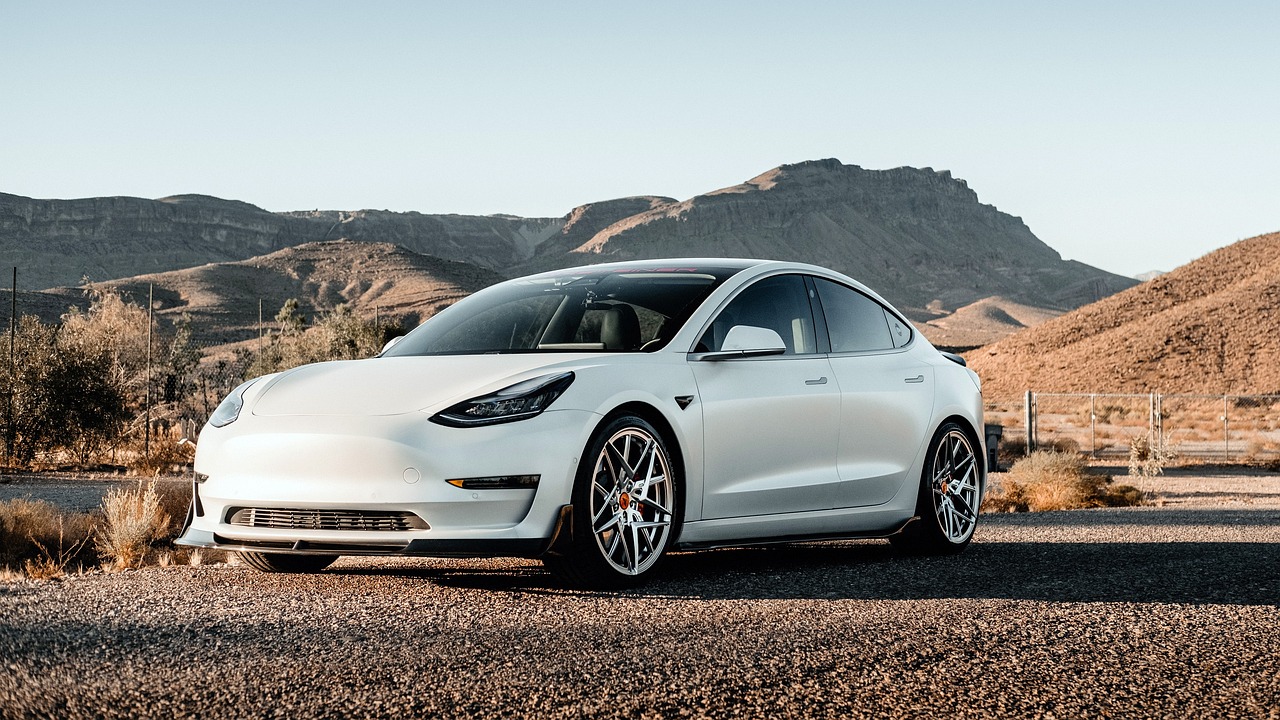Tesla finally entered India with a bang on July 15, 2025, launching the Model Y and opening its first showroom in Mumbai’s Bandra Kurla Complex. Prices announced range from ₹60 lakh (RWD) to around ₹68 lakh (Long‑Range AWD).
Why Is Tesla So Expensive in India?
- India imposes import duties of up to 70‑110% on fully built imported EVs (CBUs) depending on value.
- On the Tesla Model Y, that translates to roughly ₹21‑25 lakh in import taxes, making the final price almost double that in the US or China.
- This has led to widespread online mockery, netizens calling it “TAX‑LA” for the tax‑heavy pricing.
The result: only the ultra‑premium 4% of India’s car market (luxury EV buyers) is realistically in Tesla’s cross‑hairs for now.
How Will This Pricing Affect Demand?
- Limited reach: First data suggests only affluent buyers in cities like Mumbai, Delhi, and Gurugram will opt in, demand expected to be niche .
- Luxury over mass: Tesla is positioned more alongside BMW iX1, Mercedes‑EQA, and Kia EV6 in India, rather than mass‑market EVs like Tata Nexon EV
- Image play: The initial rollout appears to be about brand building, demonstrating Tesla’s technology, rather than smashing volume sales targets
Local EV Brands vs Tesla: Who Stands Where?
Here’s how Tesla’s pricing compares to homegrown challengers and their offerings:
| Brand & Model | Price (₹ Lakh, ex‑showroom) | Key Features | Competitive Angle |
| Tata Harrier EV | ₹21–27 lakh | AWD, up to 627 km range, ADAS, V2L/V2V | Affordable long‑range SUV, strong after-sales support |
| Mahindra XEV 9e | ₹21.9–30.5 lakh | Coupe‑SUV styling, 542–656 km range, 5★ NCAP | Value early in premium crossover EV space |
| Tata Curvv EV | ₹15–22 lakh (est.) | Compact coupe‑SUV, modern infotainment | Positioned between Nexon EV and Harrier EV |
| Tata Tiago EV | ₹8–12 lakh | City hatchback, entry EV | Ultra‑affordable daily mobility, high penetration |
| Others (BYD, MG, VinFast) | ₹25–40 lakh | Growing footprint, high‑value features | Emerging competition in mid‑segment |
Local brands like Tata and Mahindra dominate the affordable EV market, offering comparable ranges and features at one-third or less of Tesla’s starting price. Their strengths include local service infrastructure, incentives under India’s EV policy, and aggressive pricing.
Will Tesla Ever Compete on Price with Indian EVs?
- Possible path: India is exploring reduced import duties (as low as 15%) for automakers committing to local manufacturing or investment, Tesla is in talks for this kind of deal.
- Future lower-cost Tesla: Rumors suggest Tesla may eventually introduce a sub‑₹25 lakh model (like the anticipated “Model 2”), targeted at mass-market affordability—but only if local production is set up.
- Domestic pushback: Tata and Mahindra have reportedly lobbied policymakers to protect domestic EV makers by keeping import duties high until local production scales up .
Final Thoughts: What Consumers Should Know
- Tesla Model Y in India is a status statement, not a mass-market electric car, priced between ₹60–68 lakh due to import duties.
- Domestic EV players offer practical and compelling alternatives: ranges of 500+ km, advanced features, and full service networks for ₹20–30 lakh.
- Keep an eye on policy changes: If Tesla commits to local manufacturing, import duties may drop, making future models more affordable.
- Charging infrastructure matters: Tesla plans to launch Superchargers in Mumbai and Delhi, but nationwide coverage remains limited currently.
- For now, local EV brands win for value, while Tesla’s technology and prestige may appeal to niche luxury buyers.
Tesla’s entry is a major moment for India’s EV story, but whether it changes the game depends heavily on import tax policy, local manufacturing commitments, and infrastructure rollout. Meanwhile, India’s own EV makers are accelerating fast and delivering real value today.





